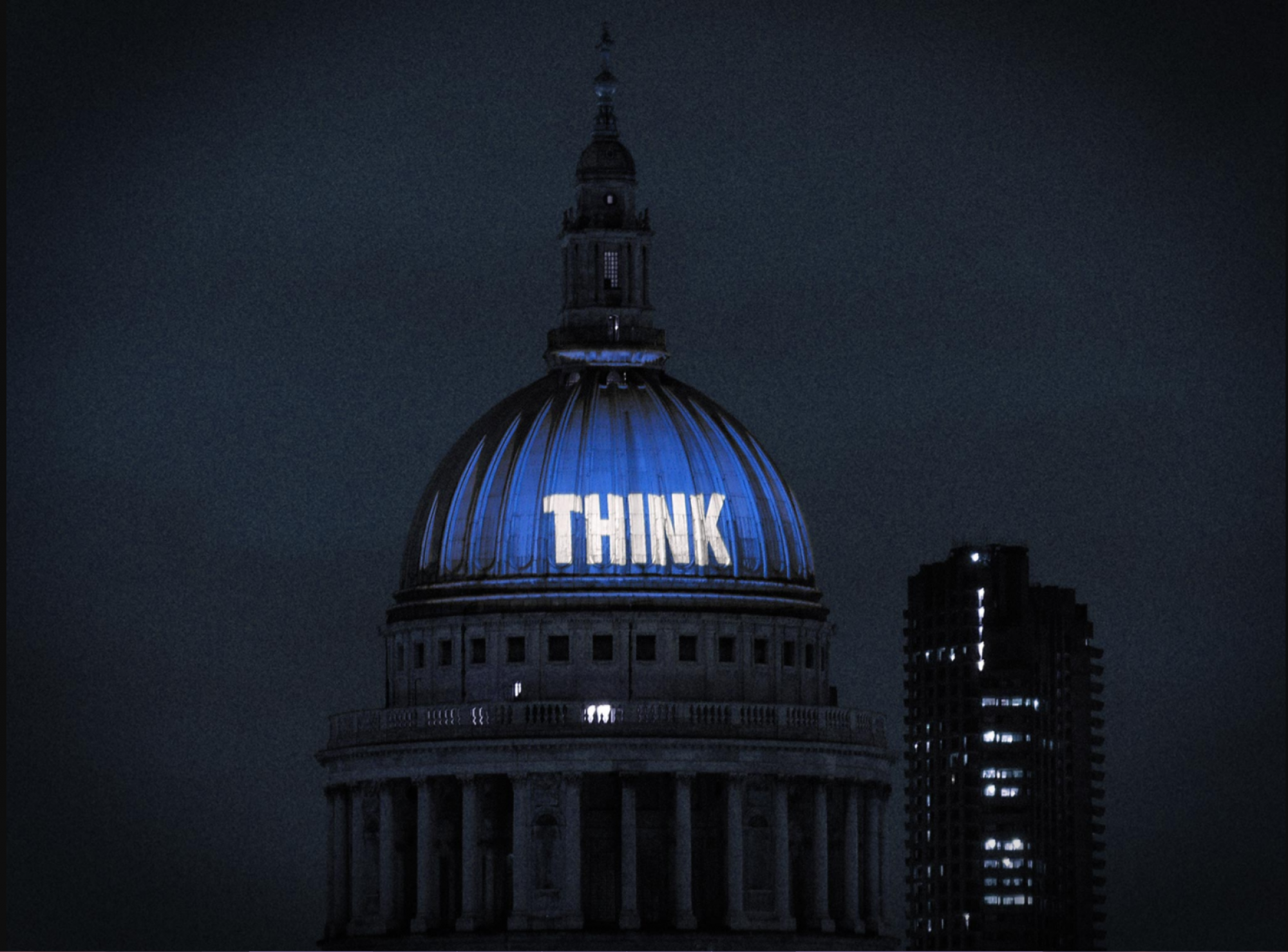I love YouTube. I love the way it enables the everyman to generate content and connect with an audience. Just look at the remarkable things that can happen when a YouTube video goes viral. ‘Did you know?’ is a classic example. There’s unassuming Karl Fisch creating a PowerPoint presentation for a staff meeting and what happens – his slides are uploaded to YouTube in a video with music and are watched approx. 4 million times or so. Amazing.
My students know the power of YouTube. Last year we set our Yr 8 students the task of creating a trailer (like something you’d see at the movies) for a novel they’d read as a literature circle study. One group read ‘The Hitchhikers Guide to the Universe’ and created a great video that they uploaded to YouTube. They’ve had 347 views and love checking their stats. YouTube gives our students an authentic audience – they’re looking to attract an audience rather than just present work for the one person -the teacher. That’s pretty empowering stuff.
The students I teach love it when we begin a class with a video from YouTube. I love the ‘hook’ effect they have; because a large number of them are less than five minutes they are the great way to begin a lesson. Students are focused and they often prompt wonderful class discussion. Yesterday I visited Coburg Senior Secondary College to look at their learning spaces and curriculum offerings. A Year 10 class I observed watched this video to evoke some reaction to the issue of climate change;
They were hooked watching this – no doubt – and it prompted interesting discussion. There weren’t any bandwith problems at Coburg so the streaming from YouTube was pretty much instantaneous. Not so where I teach. It’s a 1:1 wireless environment but streaming from YouTube is a drawn out process. If you want to watch a YouTube video you need to load it prior to the class and have it ready to replay. One option is to use a a video conversion site like Keepvid to cache the video from YouTube for use in class. This way you have guaranteed success with one catch- it goes against the copyright laws of this country.
I’m wondering about the future of copyright and what may happen now that user generated content is really taking off. Will we see a backlash against copyright regulations? Will we see users post their content and stipulate that it can be used and reformatted so that educators can employ it in classrooms to convey important messages? Will more people use creative commons licences to allow their work to be used easily in educational settings? Will the copyright council be able to stem the flow of infringements to the law as more and more educators realise the potential benefits of YouTube to provide useful content for classroom instruction?

I have been using Creative Commons licenses for almost everything I create anymore, whether it be orchestra arrangements for my students, lesson plans, podcasts, even program designs.
Our students should be learning about Intellectual Property, and Creative Commons (and Copyright, obviously) so they not only “stay out of legal trouble”, but protect their own content.
Interesting post, and something that will become a bigger issue as more teachers adopt this technology.
Your insightful lessons using YouTube, must encourage students to upload their work to YouTube, and this is a wonderful extension of this popular media venue into their educational life.
Thanks for the tip on downloading before the lesson. That would help prevent ruined lessons from technical malfunctions.
Hopefully, Creative Commons Copyright will become more prevalent. I use the Share-alike Copyright, in my work, and I encourage others to consider it. Even though some dispute it, teachers have permission to use work under American copyright for educational purposes.
I follow Lawrence Lessig’s lessons and stories(Free Culture) on what happened when business became more important that expression.
I am all for making money, yet I agree with those who believe that family or corporate empires don’t need to be maintained from one person’s or group’s work. For example, our new copyright laws directly favored Sonny Bono’s widow (who replaced him in the US Congress, after his untimely death while on a SKI TRIP).
I am not sure why the work of Sonny Bono is more important than the work of John Phillip Sousa, but hey you never know.
Lawrence Lessig gives an excellent Ted speech about John Phillip Sousa’s active disagreement with long copyrights. Sousa believed that we would have a more creative, richer world if people were allowed to have access to copyrighted work after a much shorter time than we have now. I agree.
Thanks for discussing this important topic.